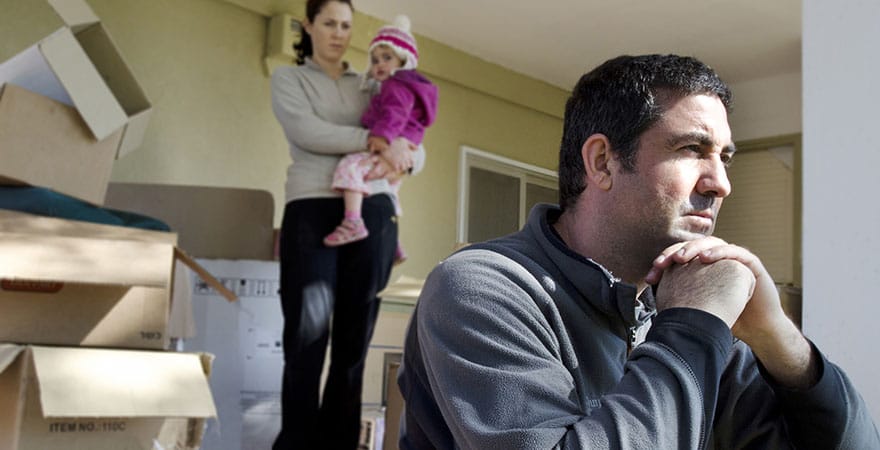Sleep is very important to every growing child and any parent would feel bad to know that their kid might be dealing with a sleep disorder. Many sleep disorder clinics chevy chase find it alarming that almost 30% of kids today are experiencing sleep disorders. Although they may vary in terms of degree of symptoms and severity, most of these conditions can be treated.
In order to easily detect the early signs of sleep disorders in children, parents need to know the symptoms to get the necessary treatment and be aware of the causes of it. It’s best to consult an expert rather than trying to treat the condition on your own.
The Number Of Sleeping Hours Of Children
Before you can understand the underlying trigger points of sleep disorder in children, you have to have a good understanding first about the amount of sleep your little fella should be having based on their age.
- 1-4 weeks old.
Every newborns need to have a sleep of at least 16-17 hour per day. Then they also have unpredictable waking hours of around 1-3 hours. Expect that newborn babies do not have the ability to create their own sleeping and waking cycles yet, so parents, it’s your job to adjust to your baby’s snooze patterns so you can properly monitor their growth progress.
- 1-4 months old.
At this age, babies still sleep the same amount as newborns, but their day and night cycle starts to form a pattern. They begin to sleep longer during the night and just needs to wake up when changing and feeding is needed.
- 4 months to 1 year.
When babies reach this age, they will still need a 14-15 hours sleep daily. The majority of these little ones can sleep through the night without any interruption, and manages to have at least 3 naps in the morning and evening. This is the right stage to train your kids to have a healthy sleeping pattern and habit.
- 1-3 years old.
Toddlers at this age needs to have a 12-14 hours of sleep every day, however, some are not able to get the right amount of sleep that they need due to the schedule of their parents or siblings. This can also lead to them losing their morning or evening naps and will only have one nap a day.
- 3-6 years old.
Kids at this age needs to sleep for about 11-12 hours every day. They also require to have some short naps in the morning, but their napping time will soon be set aside by the time they start schooling.
- 7-12 years old.
Now, this age group needs to have a daily sleep of about 10-12 hours. Hence, most of the kids at this age only get to have 9-10 hours of sleep due to a lot of distracting technology nowadays.
- 13-18 years old.
This teen age group will need 8-10 hours of sleep every night yet, rarely get that amount these days. Some contributing factors are increase in school activities – both academics and non-academics and that gives most of the teens a 6-8 hours of sleep daily.
Common Signs Of Sleep Disorders
- Excessive Daytime Sleepiness (EDS)
If you think this is common to both kids and adults, well think again. EDS is one of the leading sleep disorder symptoms which often lead to daytime drowsiness. It’s normal for kids to occasionally feel sleepy or tired, but if you find it happening on a regular basis, then it could be linked to an abnormal sleep condition, especially if they get the right amount of sleep every night.
So, if your child is experiencing the following:
- Feeling sleepy the entire day.
- Takes naps on instances when they should not be.
- Having a hard time waking up in the morning.
- Feeling lack of energy.
Then he/she could have EDS. Other sleep disorders in children with the same symptoms are narcolepsy, restless leg syndrome, and obstructive sleep apnea.
2. Child Insomnia
If you notice your child having a hard time in sleeping or hear them complain about staying asleep and wakes up earlier than they normally would, it might be insomnia. Child insomnia has a number of contributing factors:
- Mental disorder
- Stress
- Pain
Stress, being one of the leading causes of sleep disorder and other problems. Family issues, peer pressure, school activities, difficulty to cope in school or moving to a new place are just some of the factors that can stress children.
Other symptoms if sleep disorders in kids are:
- Snoring
- Nightmares
- Evening terrors
- Sleepwalking
- Bedwetting
Children dealing with sleep disorders can make them cranky, moody, and unproductive. They can also develop behavioral problems at school, home, and can affect their social lives. So if you think that your child is having the above-mentioned symptoms, immediately consult any sleep specialist Silver Spring, to save your child from further burdens of having a sleeping problem.












